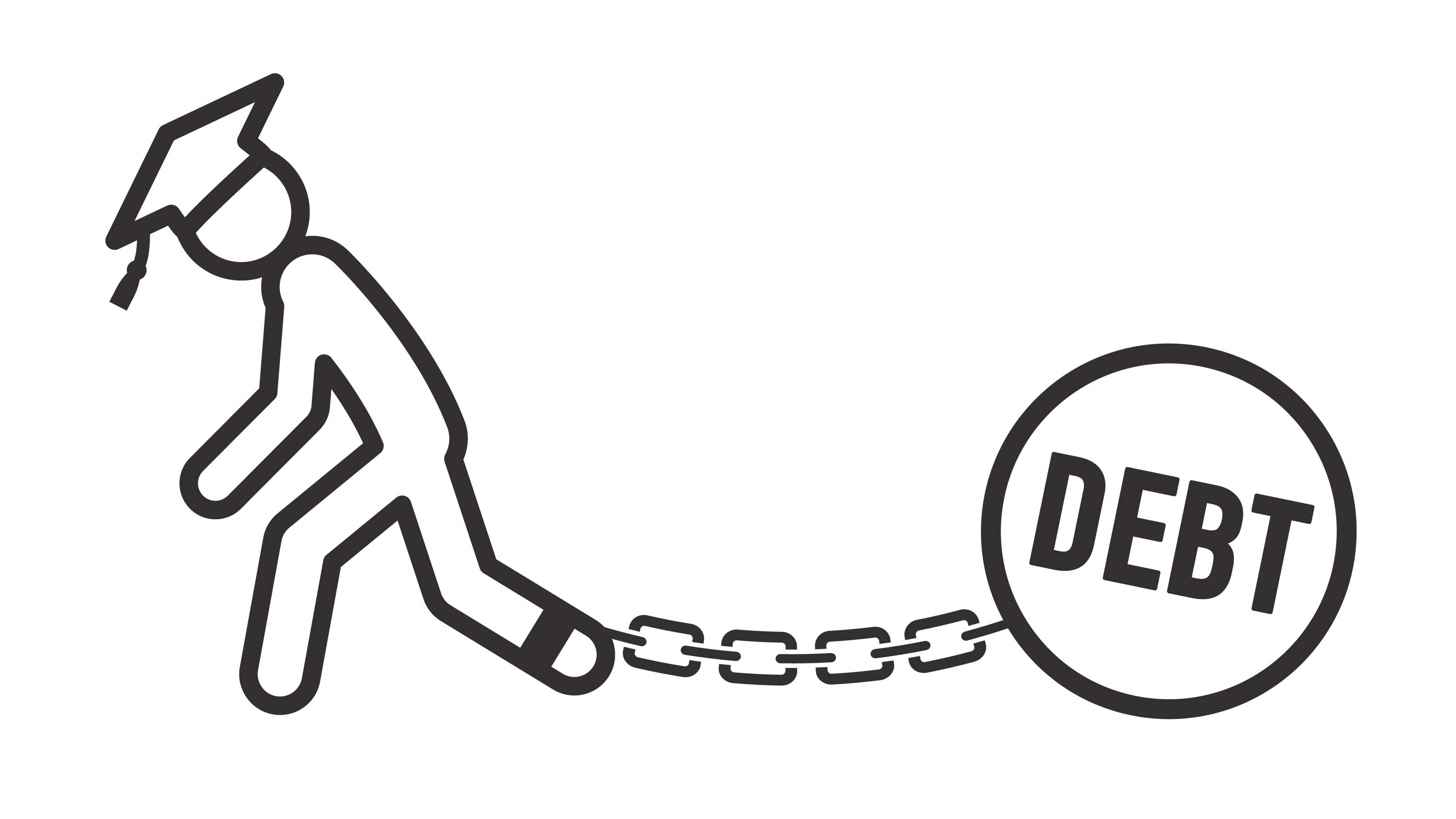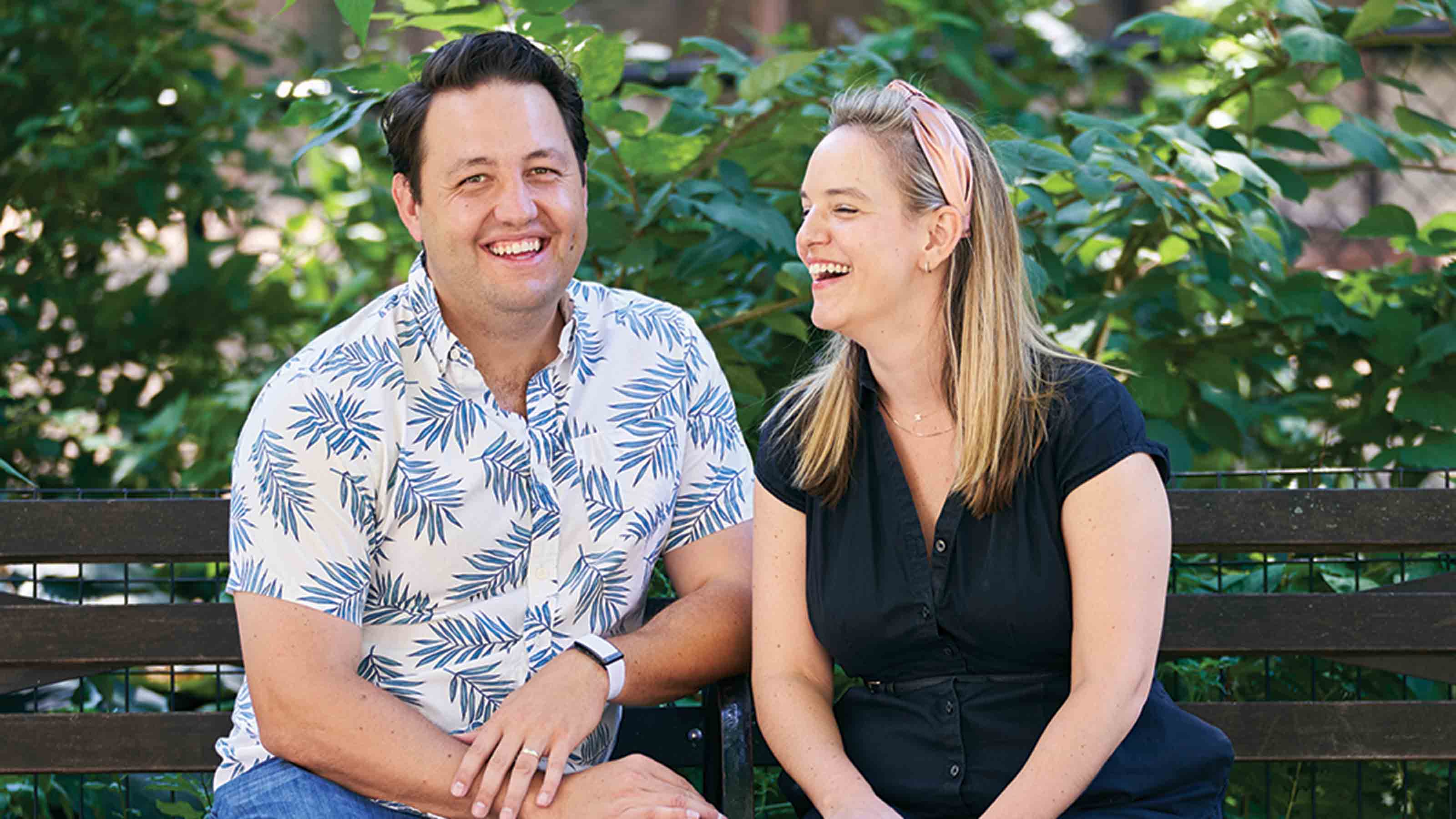Lessons for Kids From the Crisis
One of the greatest opportunities presented by the pandemic is to give children an appreciation for the workings of the economy.


Profit and prosper with the best of Kiplinger's advice on investing, taxes, retirement, personal finance and much more. Delivered daily. Enter your email in the box and click Sign Me Up.
You are now subscribed
Your newsletter sign-up was successful
Want to add more newsletters?

Delivered daily
Kiplinger Today
Profit and prosper with the best of Kiplinger's advice on investing, taxes, retirement, personal finance and much more delivered daily. Smart money moves start here.

Sent five days a week
Kiplinger A Step Ahead
Get practical help to make better financial decisions in your everyday life, from spending to savings on top deals.

Delivered daily
Kiplinger Closing Bell
Get today's biggest financial and investing headlines delivered to your inbox every day the U.S. stock market is open.

Sent twice a week
Kiplinger Adviser Intel
Financial pros across the country share best practices and fresh tactics to preserve and grow your wealth.

Delivered weekly
Kiplinger Tax Tips
Trim your federal and state tax bills with practical tax-planning and tax-cutting strategies.

Sent twice a week
Kiplinger Retirement Tips
Your twice-a-week guide to planning and enjoying a financially secure and richly rewarding retirement

Sent bimonthly.
Kiplinger Adviser Angle
Insights for advisers, wealth managers and other financial professionals.

Sent twice a week
Kiplinger Investing Weekly
Your twice-a-week roundup of promising stocks, funds, companies and industries you should consider, ones you should avoid, and why.

Sent weekly for six weeks
Kiplinger Invest for Retirement
Your step-by-step six-part series on how to invest for retirement, from devising a successful strategy to exactly which investments to choose.
When I’ve written about kids and money in the past, I’ve always emphasized the importance of teachable moments—everyday tasks and events that let you slip in a lesson about managing money without your kids even realizing it. And the coronavirus pandemic may be the ultimate teachable moment. “There’s a lesson in every crisis,” says Annamaria Lusardi, director of the Global Financial Literacy Excellence Center at George Washington University. “The lesson here is to learn the basics so we’re better able to face a shock.” (Lusardi’s group has developed a Quick Guide for Parents with activities and resources.)
For starters, working at home gives your children a firsthand appreciation for what you do for a living. If you’re unable to work, “reassure your children that it’s because of a once-in-a-lifetime event and not through any fault of your own,” says Tim Ranzetta, founder of Next Gen Personal Finance (NGPF), which provides personal finance curriculum material to teachers and parents.
Kids will pick up on any concerns you have about how to pay the bills. Be honest—tell them you have savings or unemployment benefits, for example—but don’t overwhelm them. “Focus on what’s in your, and their, financial control,” says Yanely Espinal, director of educational outreach for NGPF, who has developed a series of lessons parents can use with their kids. In a video on budgeting, for example, she explains how to use dried beans as a hands-on tool to help younger children divide money among various expenses.
From just $107.88 $24.99 for Kiplinger Personal Finance
Become a smarter, better informed investor. Subscribe from just $107.88 $24.99, plus get up to 4 Special Issues

Sign up for Kiplinger’s Free Newsletters
Profit and prosper with the best of expert advice on investing, taxes, retirement, personal finance and more - straight to your e-mail.
Profit and prosper with the best of expert advice - straight to your e-mail.
Budgeting leads naturally into a discussion of needs versus wants—you need to buy food, but the summer vacation you want to take may have to be put on hold. Shopping online presents opportunities for children to compare prices. And with so much at-home time, kids can earn money by lending a hand around the house. A survey by RoosterMoney, an allowance and chore-tracking app for kids, found that during the lockdown, 80% of the top 10 kids’ chores involved cleaning the house—the top three were cleaning their bedroom, looking after pets and doing the laundry—for which they earned an average of $7.91 per week.
Make it fun. Money activities are a painless way to teach financial lessons while you’re home-schooling your kids or just looking for ways to pass the time. As part of an online lesson about counting change, for example, my 5-year-old granddaughter made a bank out of an oatmeal box.
And don’t discount the importance of toys, games and books. Think traditional board games, such as Monopoly and Monopoly Junior, or the Allowance Game or Buy It Right Shopping Game. Among my favorite money-related books are classics such as Alexander, Who Used to Be Rich Last Sunday, by Judith Viorst; The Berenstain Bears’ Trouble With Money, by Stan and Jan Berenstain; and A Chair for My Mother, by Vera B. Williams.
One of the best opportunities presented by the pandemic is to give kids an appreciation for the workings of economy. Goods and services they take for granted have disappeared or been severely curtailed; businesses have had to scramble with innovations, such as contact-free food pickup; and we’re looking to drug companies to come up with a treatment or vaccine for the disease. There’s a newfound respect for grocery workers and delivery people.
Will the pandemic leave a permanent scar on kids? “The intensity of an experience depends on its duration,” says Ranzetta. If any one thing sticks with all of us, it’s likely to be the need to save for a rainy day—or for a pandemic.
Profit and prosper with the best of Kiplinger's advice on investing, taxes, retirement, personal finance and much more. Delivered daily. Enter your email in the box and click Sign Me Up.

Janet Bodnar is editor-at-large of Kiplinger's Personal Finance, a position she assumed after retiring as editor of the magazine after eight years at the helm. She is a nationally recognized expert on the subjects of women and money, children's and family finances, and financial literacy. She is the author of two books, Money Smart Women and Raising Money Smart Kids. As editor-at-large, she writes two popular columns for Kiplinger, "Money Smart Women" and "Living in Retirement." Bodnar is a graduate of St. Bonaventure University and is a member of its Board of Trustees. She received her master's degree from Columbia University, where she was also a Knight-Bagehot Fellow in Business and Economics Journalism.
-
 5 Investing Rules You Can Steal From Millennials
5 Investing Rules You Can Steal From MillennialsMillennials are reshaping the investing landscape. See how the tech-savvy generation is approaching capital markets – and the strategies you can take from them.
-
 The Tool You Need to Avoid a Post-Divorce Administrative Nightmare
The Tool You Need to Avoid a Post-Divorce Administrative NightmareLearn why a divorce decree isn’t enough to protect your retirement assets. You need a QDRO to divide the accounts to avoid paying penalties or income tax.
-
 When Estate Plans Don't Include Tax Plans, All Bets Are Off
When Estate Plans Don't Include Tax Plans, All Bets Are OffEstate plans aren't as effective as they can be if tax plans are considered separately. Here's what you stand to gain when the two strategies are aligned.
-
 Smart Strategies for Paying Your Child an Allowance
Smart Strategies for Paying Your Child an AllowanceBy giving your kids money to spend and save, you’ll help them sharpen their financial skills at an early age.
-
 COVID’s Financial Toll Isn’t What You Think
COVID’s Financial Toll Isn’t What You ThinkCoronavirus and Your Money From a grandma’s retirement in ruins to a troubled teen inheriting too soon, COVID’s effects will last for generations. While nothing can prepare you for the pain of losing someone you love, a financial planner explains how preparation can lessen the financial devastation.
-
 How to Motivate Kids to Save
How to Motivate Kids to Savepersonal finance It's not easy teaching your child to save. Here are some ways readers have incentivized their kids to keep track of their finances.
-
 The Return of Student Loan Payments
The Return of Student Loan PaymentsPaying for College A pandemic reprieve on student loan payments ends in January. If you still need financial help, there are steps you can take.
-
 New Platforms for a Comedy Couple
New Platforms for a Comedy CoupleCoronavirus and Your Money COVID forced them to expand their stand-up repertoire to YouTube and podcasts.
-
 Penalty for the Unvaccinated?
Penalty for the Unvaccinated?Coronavirus and Your Money A “yes or no” box to verify your vaccination status could be part of open enrollment for health insurance in the future.
-
 Disability Insurance Can Provide COVID Coverage
Disability Insurance Can Provide COVID CoverageCoronavirus and Your Money If you are concerned about long-term complications from COVID-19, consider disability insurance coverage.
-
 COVID-19 Home Test Kits and PPE are Tax Deductible
COVID-19 Home Test Kits and PPE are Tax DeductibleTax Breaks You can also pay for home testing kits and personal protective equipment with FSA and HSA funds.